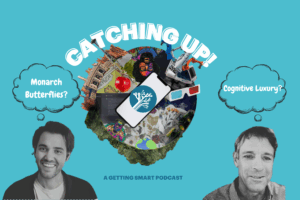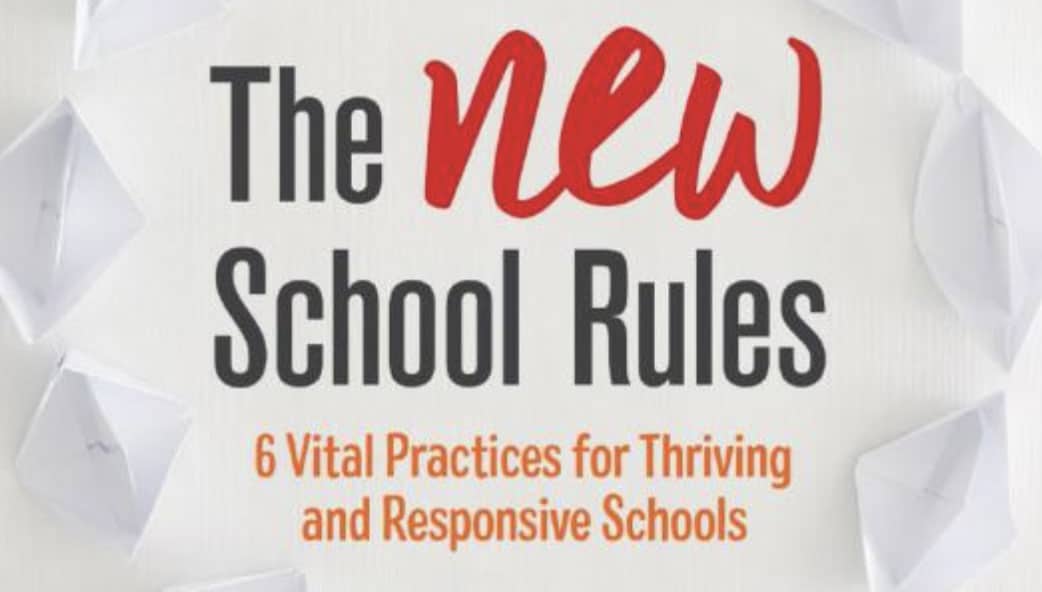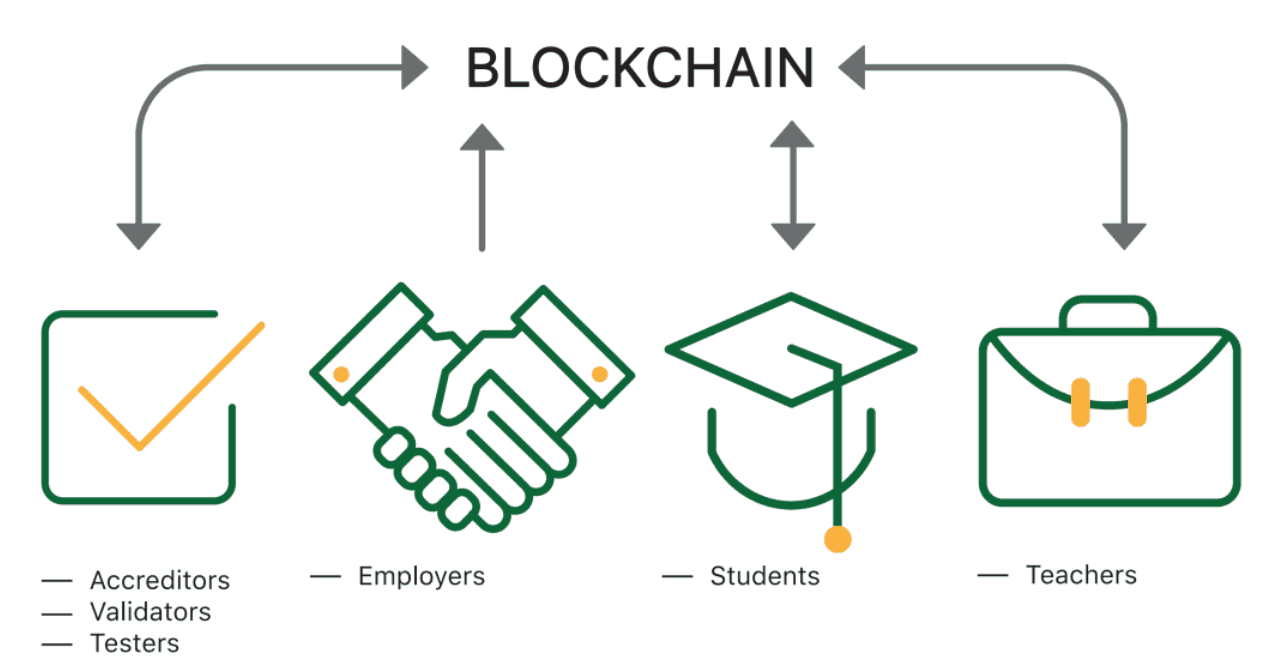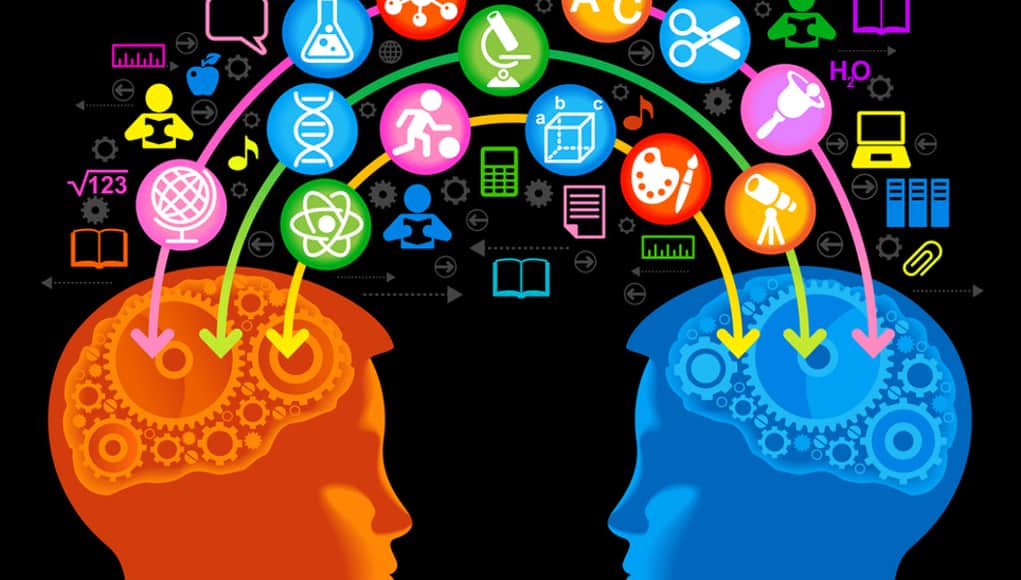EdPolicy
South Carolina’s Statewide Movement to Personalize Learning
Across South Carolina, there is a movement to personalize learning for all students. Some districts in the state have even spearheaded their own initiatives, and the state is working to use them as "learning labs" for others. Here, we take a detailed look at their progress so far.
Education Systems Should Be Based on How Students Develop
A flowering of research from neuroscience, psychology, early childhood, and a variety of other disciplines on the science of learning and development has begun to shed light on what is necessary for students to reach their full potential. How can our systems catch up to these findings?
Youth Empowered For Social Change
Let’s not wait for another tragedy to empower young people to make a difference. In a confusing world of exponential change, it’s more important than ever for young people to develop the knowledge, skills, and self-confidence--agency plus capability--for change making.
A Unique Moment in Education Changemaking
Today’s education changemakers are pursuing a wide array of reforms and innovations. This abundant landscape holds much promise, yet excellent approaches continue to have difficulty spreading as quickly or as far as we might hope. Here, we look at how that could change.
New School Rules: A Changemaker’s Guide to Innovation
Mobilizing collective community action to better supports youth and families can be an enormous lift--and school leaders almost always have a role in making it happen. But it’s the changemaker role where there is a big opportunity for contribution. Building an improvement and innovation agenda is complex work.
How Blockchain Will Transform Credentialing (and Education)
While still in it's infancy, Blockchain has the power to transform education by increasing learner ownership and control over data, reducing institutional data costs, ending paper based certificates and more.
How Idaho Is Moving Towards Mastery-Based Education
Kelly Brady is Director of Mastery Education for the State of Idaho. In this post, she shares more about the journey Idaho is taking and the results they are seeing so far.
3 Ways EdLeaders Can Level the Computer Science Literacy Playing Field
By: Dr. Idit Harel. While there is a lot of talk about the importance of computer programming and coding, there is less action -- and funding -- to support it adequately. Here are three ways EdLeaders can begin to change that.
Chinese Scholars Advocate for Well Rounded People and Lifelong Learning
Shifting towards a focus on lifelong learning and well-rounded individuals, China is updating their learning goals and graduation portfolio. The new framework acknowledges that growth is a lifelong process that can be taught and studied, first in the home and at school, and then perfected throughout one’s life.
12 New Rules: Accelerated Learning for an Exponential World
How can leaders respond to the rise of the automation economy? Here's 12 new rules about accelerated learning and how state and local education policymakers can help.












